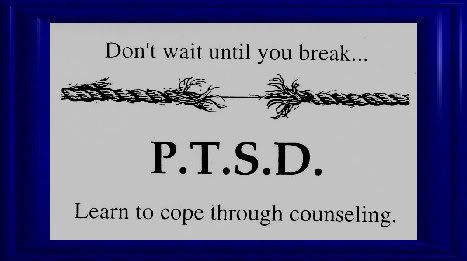You can imagine the continual involvement in war torn territories that a soldier is confronted with. Being redeployed multiple times, physical injury, if any, the constant and continual confrontations of violence still exist.
Based on statistics for Operation Iraqi Freedom, the human cost has been high.
- Killed in action since March 2007 – 3,190 for all branches
- Killed in action, non-hostile, 596
- Civilians killed in action for just being over there, women, infants and children, 58,476 to 655,000!
For the soldiers that have not been physically injured, what has happened to them mentally? They go back to their military bases, mentally anguished and not the same. Are these soldiers getting the help they need . . . before it is too late?
This soldier ended his own life shortly after saving this child.
This soldier we don’t know enough about.
My final note: Are there more soldiers out there that need our help?
Medic in famous photo dies after PTSD struggle. Retrieved December 18, 2010, from the World Wide Web: http://www.armytimes.com/news/2008/07/military_suicidedwyer_070308w/
Retrieved December 18, 2010, from the World Wide Web: http://ptsd.va.gov/public/pages/overview-mental-health-effects.asp
Retrieved December 18, 2010, from the World Wide Web: http://www.ptsdcombat.com/documents/ptsdcombat_war-list_oef-oif-statistics.pdf


